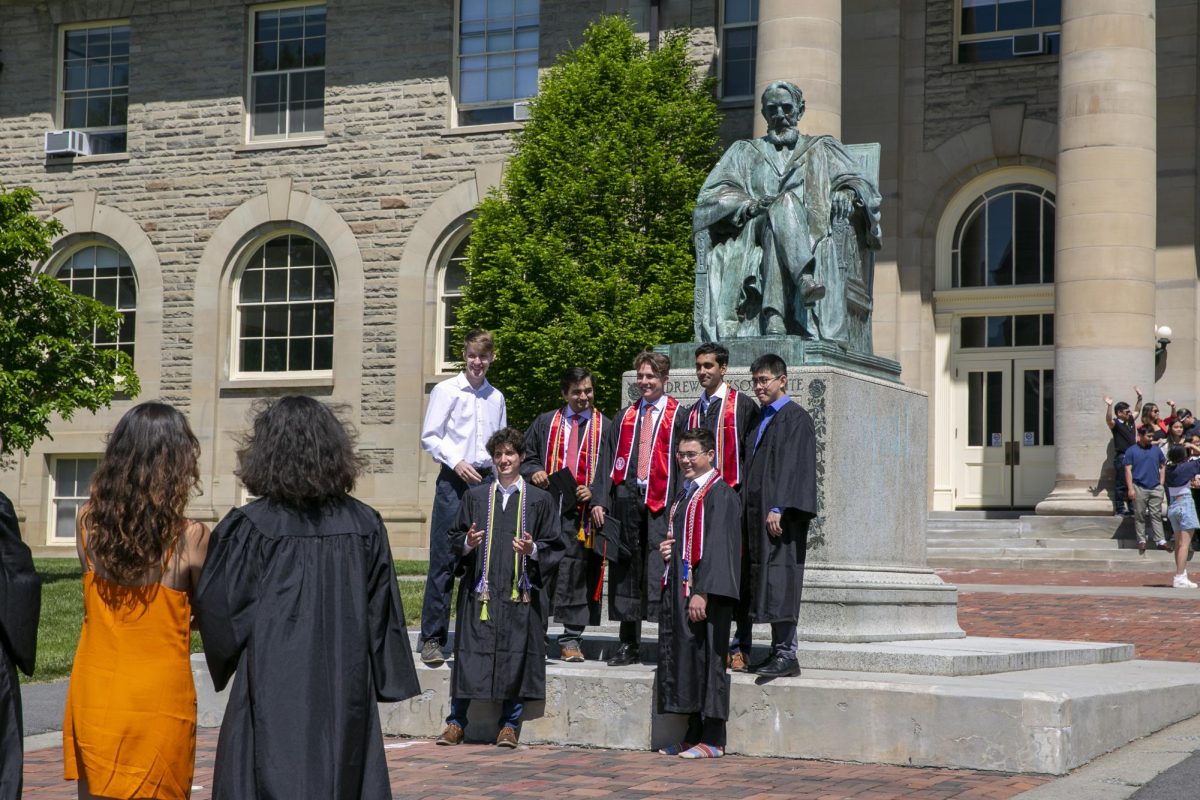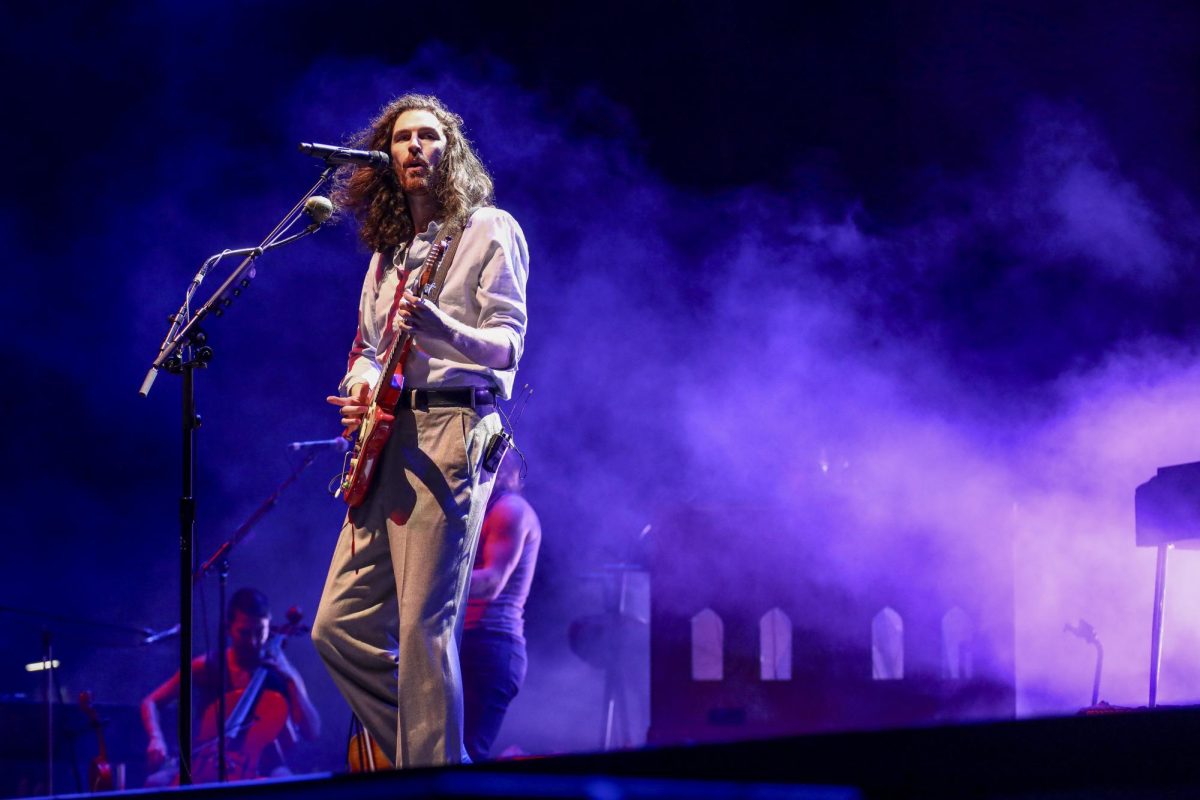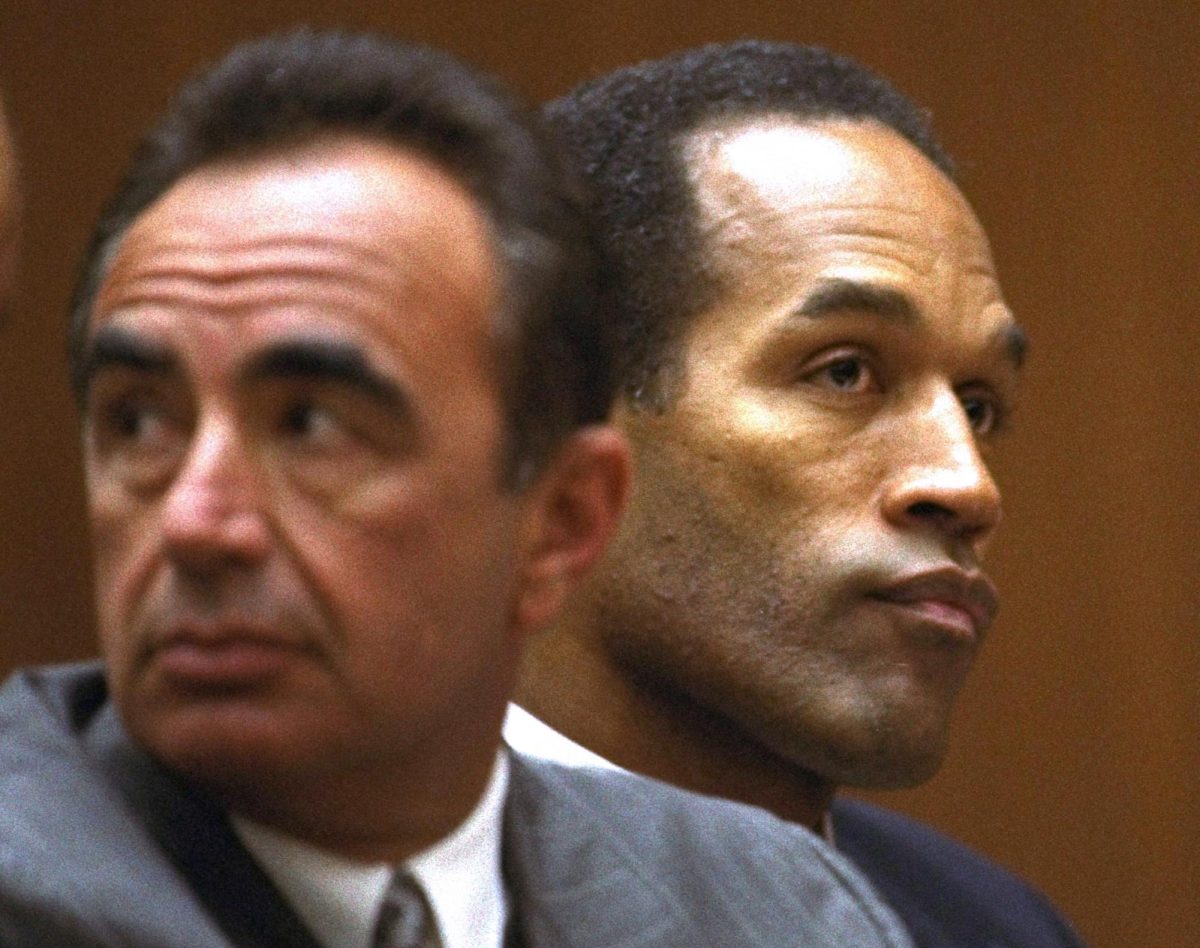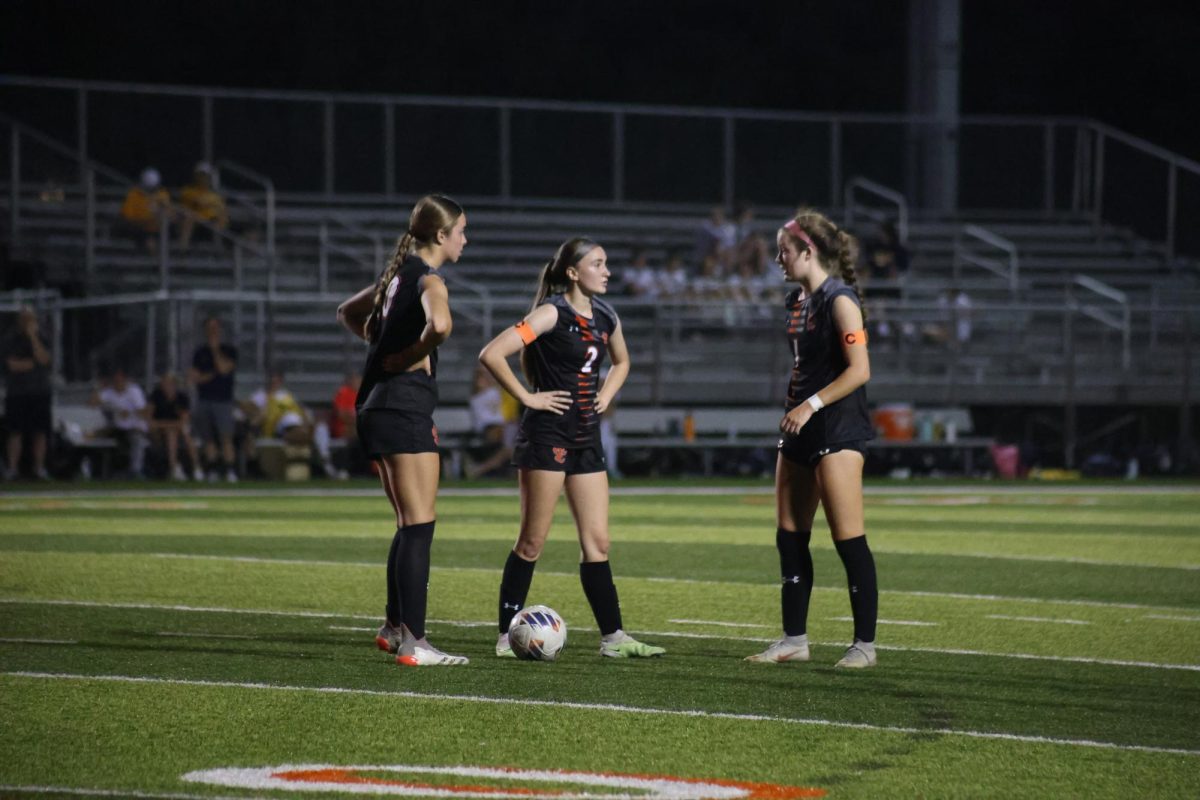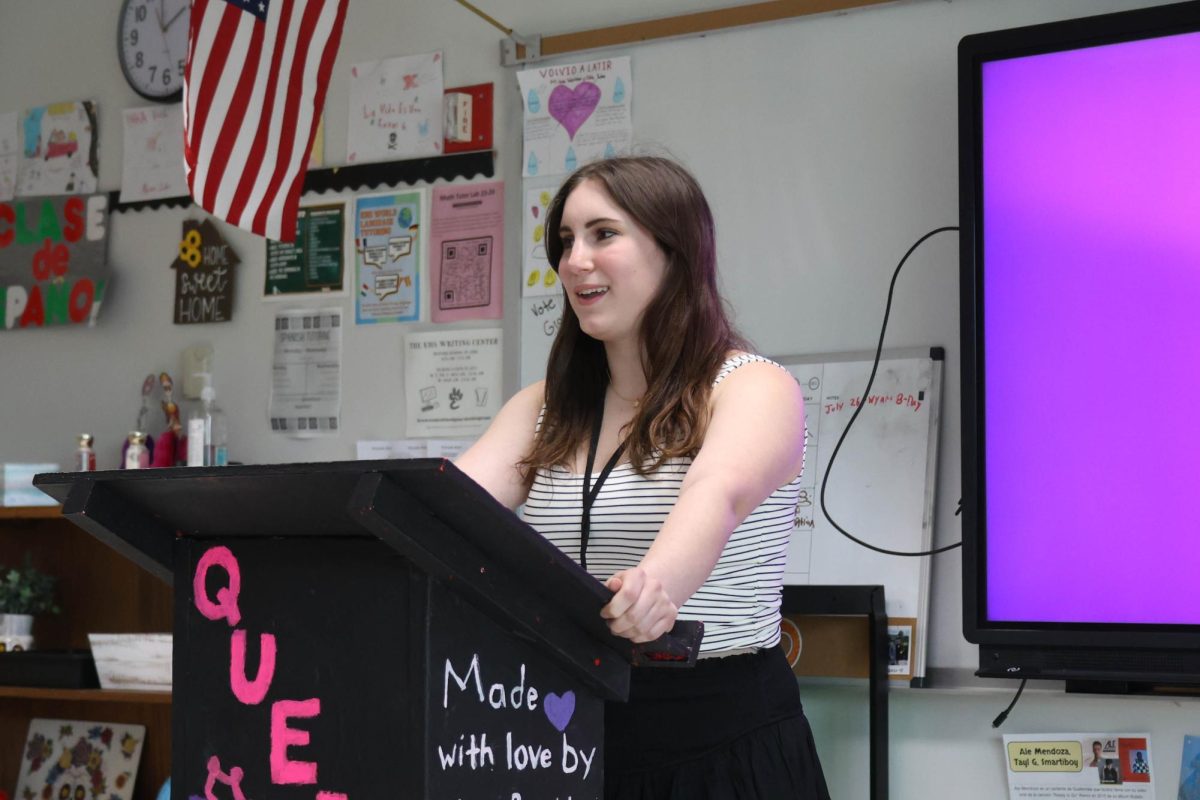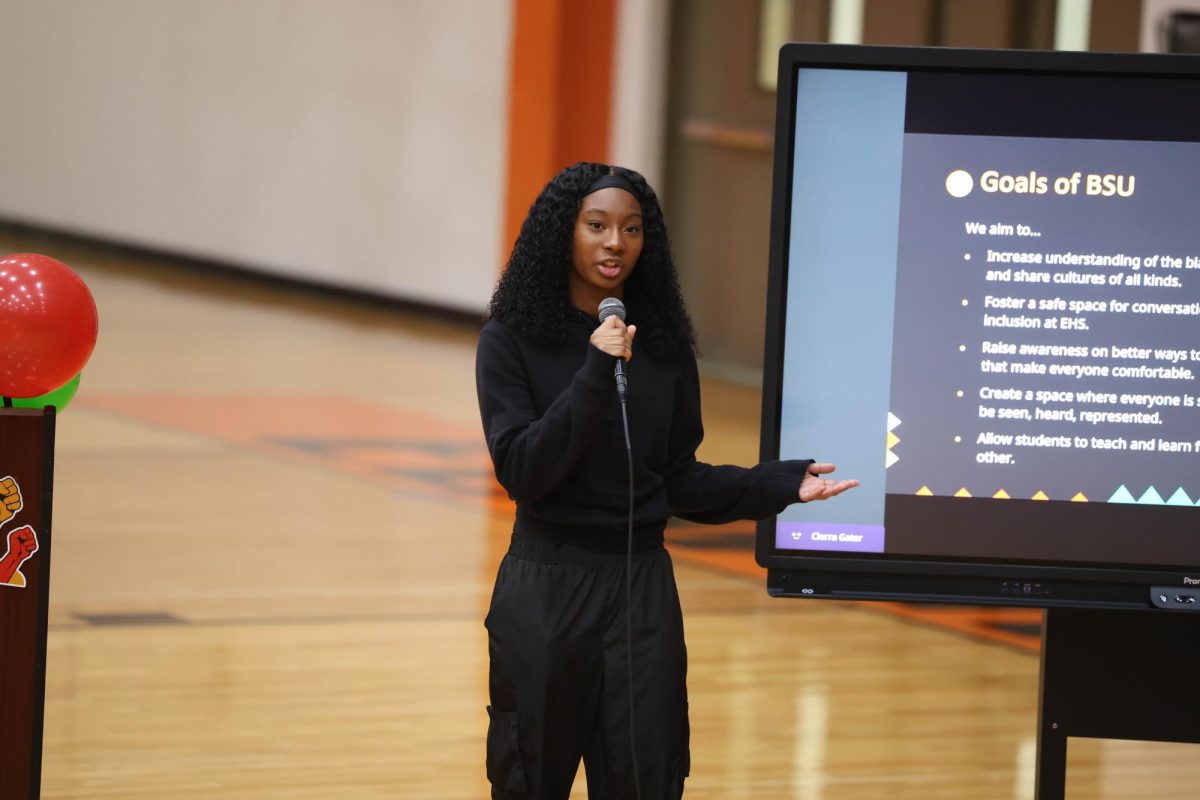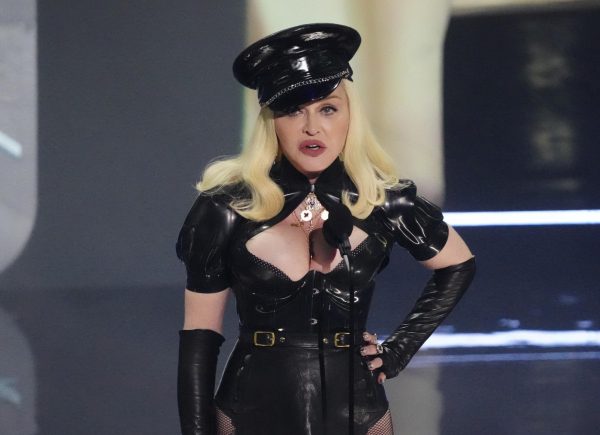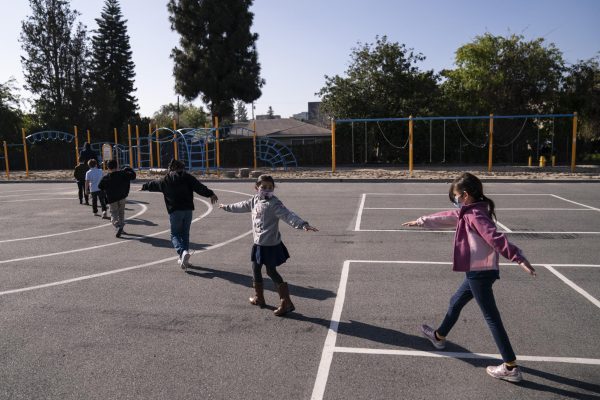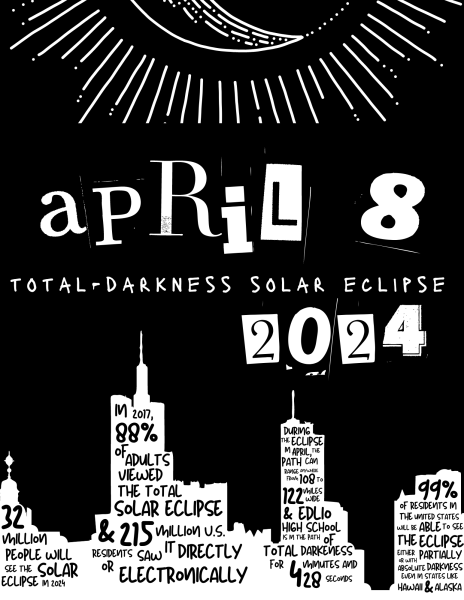Thespian Show Proves to be Unique
September 17, 2015
When I sat down in the auditorium to see the Thespians perform “Too Much Light Makes the Baby Go Blind,” I did not get what I was expecting: this show is incomparable to anything I’ve seen the Thespians do before.
The flyer simply stated, “A compilation of 23 Neo-futurist plays that we try to do in 46 minutes for your enjoyment.”
This goal is mostly accomplished. In the show I attended, all but one play was performed. This was probably because at certain points the audience got out of hand. The shows rely on audience participation, requiring the crowd to call out the number of the play they wanted to see performed. Some of the times, all that could be heard was a jumble of shouted numbers, making it confusing for both the audience and the announcer.
But our host senior Kevin Connelly did a remarkable job of handling being yelled at by a crowd of high schoolers. He was entertaining and still kept control over the audience.
Connelly was the only consistent character. Every other actor played multiple roles in the plays. Each number revealed a new story, unconnected that anything was came before or followed.
The plays were all extremely different. They ranged from lightheartedly humorous, to starkly honest, to slightly disturbing. After the first few, it became obvious that the audience would never know what they would get next.
The plays that stuck in my mind the most were the ones that made me uncomfortable. One, aptly titled “Still Image on a Wall” was just a photograph of a child and woman holding hands projected on a screen, but the narration is what was disturbing.
The narrator, senior Violet Midla, started off calmly questioning the audience, but slowly sounded more and more terrified as she became convinced she saw something move. In the audience, I felt the slowly sinking feeling of dread and fear as the narrator convinced us something was wrong.
Another play had a single actor, sophomore Luke Goeckner, apologize for some unknown wrongdoing. It started out funny and exaggerated. It was innocent enough, but slowly his suggestions for his punishment for his misdeed became graphic and torturous, all still delivered in that cheerful voice. It snuck up on me how disturbing and violent it became, until I had to question myself as to why I was still laughing at all.
This was contrasted some of the other plays, which involved the actors improvising or teasing the audience. An actor chased an audience member around and took a selfie in one, and in another accused someone in the audience of singing, when it was obviously Connelly.
If it could be described in a word, it’d be “entertaining.” And isn’t that the main point of theatre?



